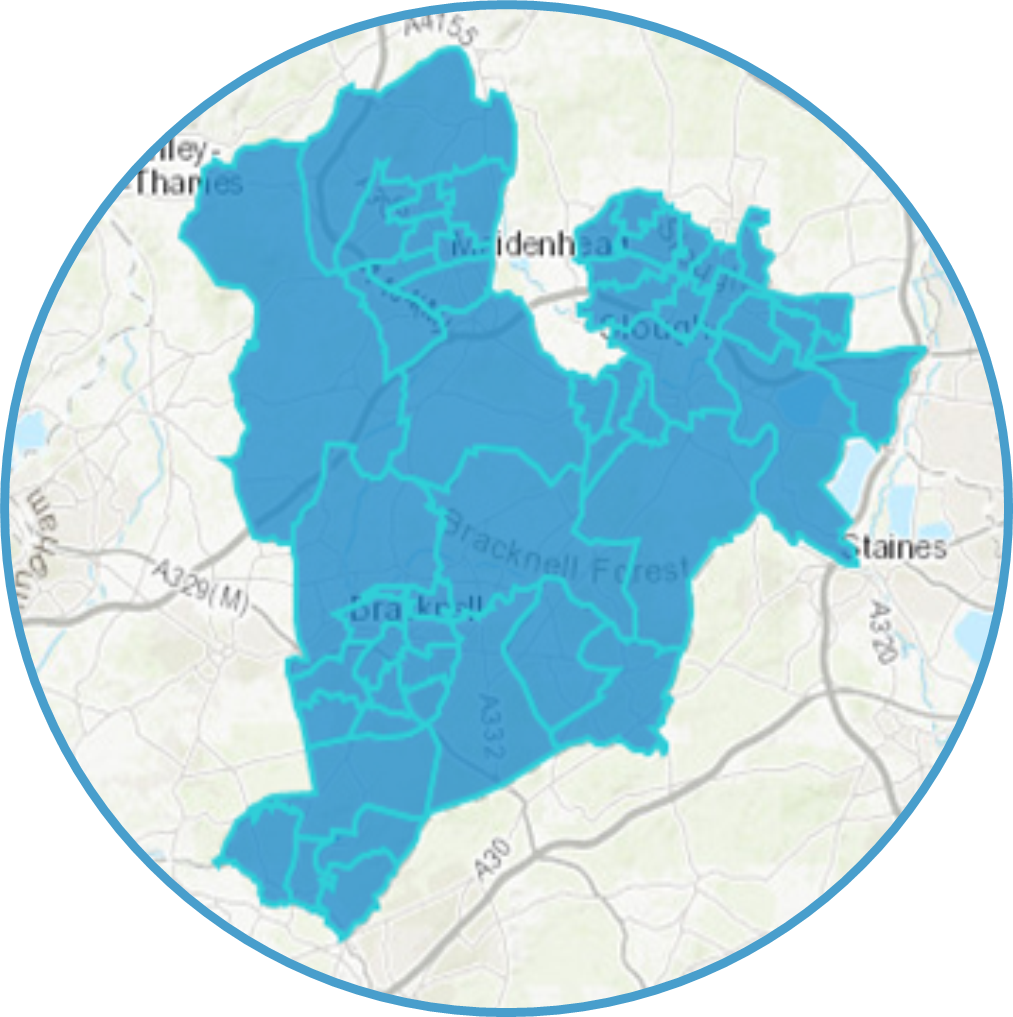Loneliness and Isolation

Social isolation is the lack of relationships with others and little to no social support or contact. It is associated with risk even if people don’t feel lonely.
Loneliness is feeling alone or disconnected from others. It is feeling like you do not have meaningful or close relationships or a sense of belonging. It reflects the difference between a person’s actual and desired level of connection. This means that even a person with a lot of friends can feel lonely.
Social Isolation and loneliness are increasingly being recognised as a priority public health problem and policy issue for older people as it can have a serious impact on their physical and mental health and quality of life. Loneliness and social isolation however, are not just issues for older people but for all age groups. Certain risk factors increase the chances of severe and lasting loneliness including: young/older adults, low income adults, people living alone, those with long term health conditions and disability, minority ethnic groups and LGBTQ+.
Useful Resources
-
View resourceTackling Loneliness annual report March 2023: the fourth year (GOV UK)
This report shows how government will tackle loneliness by continuing their work based on their three objectives in the original strategy 2018.
Guidance and Best Practice Research and Reports -
View resourceLoneliness and Social Isolation Resource Guide (Health Education England)
A guide of available resources to be used to support, upskill and develop people in how to tackle loneliness and social isolation.
Guidance and Best Practice -
View resourceLoneliness and Mental Health report – UK (Mental Health Foundation)
This report explores what it’s like to be lonely: its causes, consequences, and the groups of people more likely to experience severe and enduring loneliness.
Research and Reports -
View resourceLoneliness, social isolation and COVID-19 (Local Government Association (LGA) and Association of Directors of Public Health (ADPH), 2020)
Practical advice on the loneliness and social isolation issues arising from the COVID-19 outbreak.
Guidance and Best Practice -
View resourceCampaign to End Loneliness
Statistics, research and reports about loneliness from the Campaign to End Loneliness
Website of resources -
View resourceTackling loneliness in the Royal Borough of Windsor and Maidenhead
A report providing the summary of what is currently known about loneliness, including those most at risk, the impact on health and local services available.
Research and Reports -
View resourceReducing social isolation across the lifecourse (Public Health England and the UCL Institute of Health Equity, 2015)
Evidence used in this report includes evidence from research studies, systematic reviews, evaluations of interventions and evidence from individuals and organisations with relevant expertise.
Guidance and Best Practice -
View resourceCOVID-19: wider impacts on people aged 65 and over (Pubic Health England, 2021)
An estimation of the impacts of coronavirus (COVID-19) on physical activity and falls in older adults and recommendations to mitigate these effects.
Data and Analysis -
View resourceThe state of loneliness: ONS data on loneliness in Britain (Campaign End to Loneliness)
A research analysis on loneliness to understand the impact of the Covid-19 pandemic based on Opinions and Lifestyle Survey.
Research and Reports
Currently no resources for this region
-
View resourceLoneliness and Social Isolation Resource Guide (Health Education England)
A guide of available resources to be used to support, upskill and develop people in how to tackle loneliness and social isolation.
Guidance and Best Practice -
View resourceLoneliness and Mental Health report – UK (Mental Health Foundation)
This report explores what it’s like to be lonely: its causes, consequences, and the groups of people more likely to experience severe and enduring loneliness.
Research and Reports -
View resourceLoneliness, social isolation and COVID-19 (Local Government Association (LGA) and Association of Directors of Public Health (ADPH), 2020)
Practical advice on the loneliness and social isolation issues arising from the COVID-19 outbreak.
Guidance and Best Practice -
View resourceCampaign to End Loneliness
Statistics, research and reports about loneliness from the Campaign to End Loneliness
Website of resources -
View resourceReducing social isolation across the lifecourse (Public Health England and the UCL Institute of Health Equity, 2015)
Evidence used in this report includes evidence from research studies, systematic reviews, evaluations of interventions and evidence from individuals and organisations with relevant expertise.
Guidance and Best Practice -
View resourceCOVID-19: wider impacts on people aged 65 and over (Pubic Health England, 2021)
An estimation of the impacts of coronavirus (COVID-19) on physical activity and falls in older adults and recommendations to mitigate these effects.
Data and Analysis -
View resourceThe state of loneliness: ONS data on loneliness in Britain (Campaign End to Loneliness)
A research analysis on loneliness to understand the impact of the Covid-19 pandemic based on Opinions and Lifestyle Survey.
Research and Reports
Currently no resources for this region
Currently no resources for this region
Currently no resources for this region
Currently no resources for this region
-
View resourceTackling loneliness in the Royal Borough of Windsor and Maidenhead
A report providing the summary of what is currently known about loneliness, including those most at risk, the impact on health and local services available.
Research and Reports
Currently no resources for this region



